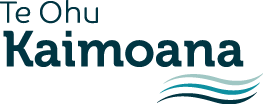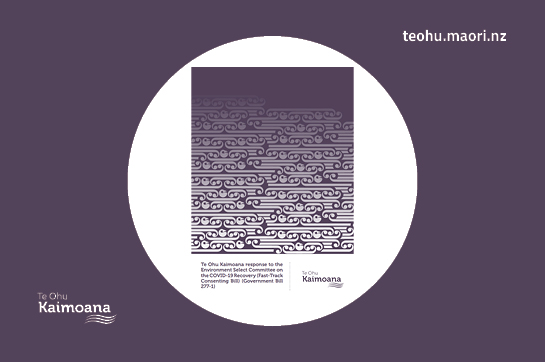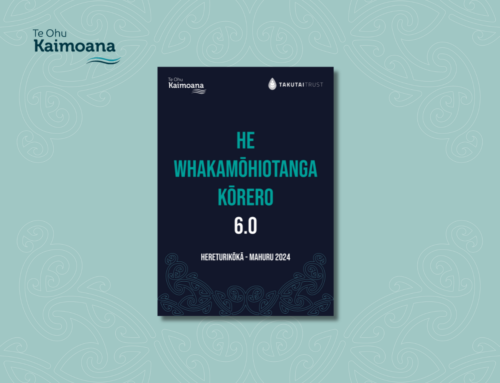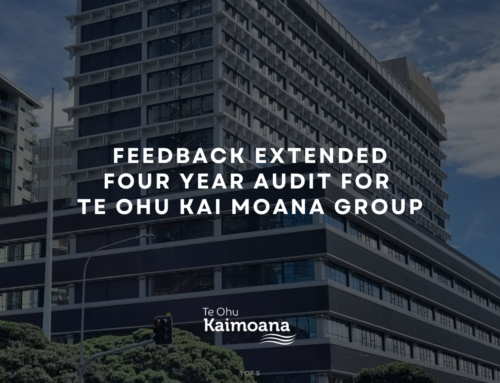Our feedback on COVID-19 Recovery (Fast-Track Consenting) Act 2020
8 Hōngongoi 2020
The government has recently enacted the COVID-19 Recovery (Fast-Track Consenting) Act 2020. The Act significantly reforms RMA processes for projects and activities that are considered likely to result in employment growth and that will assist New Zealand’s economic recovery from COVID-19. At the same time, the Act seeks to promote the sustainable management of natural and physical resources.
Though the COVID-19 pandemic has created exceptional circumstances, and there is a real need for initiatives to assist economic recovery, we were concerned about certain shortcomings in the legislation, which we submitted to the Environment Committee on.
Definition of Treaty settlement
We were concerned that the definition of Treaty settlement within the legislation excluded the Maori Commercial Aquaculture Settlement Act 2004. Given the potential for large scale aquaculture projects to be consented under the Act, as well as projects that have effects on the coastal marine area, it’s crucial that the Aquaculture Settlement be a relevant consideration in the approval of any consents.
Thankfully, the Environment Committee recommended that the Maori Commercial Aquaculture Settlement Act 2004 be included within the definition of Treaty settlement.
Comments from the Minister of Fisheries
The Minister of Fisheries does not have the right to comment on every application for a fast-track consent – they can only comment on applications when specifically invited to by the Minister for the Environment.
We consider the advice of the Minister of Fisheries is relevant to all applications in the coastal marine area and to applications for land-based activities that have adverse effects in either freshwater fisheries habitat or the Coastal Marine Area. The Minister of Fisheries is responsible for ensuring sustainability of fisheries resources under the Fisheries Act 1996 and is also responsible for ensuring the Crown meets its obligations under the Maori Fisheries Settlement. These are important obligations in New Zealand’s resource management regime. It is not sufficient to rely on the discretion of the Minister for the Environment, or Panels, to invite comment from the Minister of Fisheries.
Frustratingly, the Environment Committee did not agree with our advice that the Minister of Fisheries have the right to comment on every application.
Changes to RMA at risk of reducing Iwi input
We were also concerned at the ways in which the Act fundamentally and drastically changes the standard RMA processes. The Act increases Ministerial powers, reduces public participation and limits appeal rights. RMA processes generally enable Iwi involvement to a much greater degree than this Act provides.






